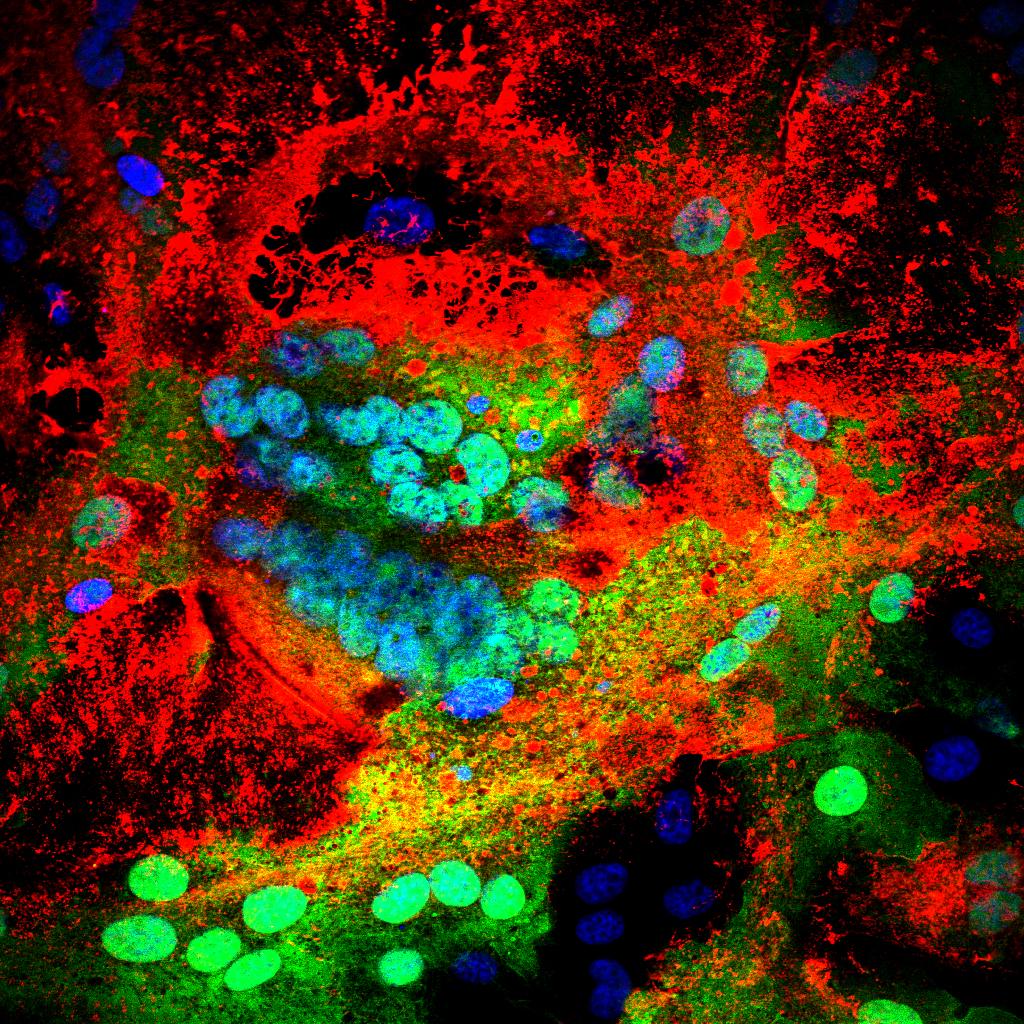Persistence of lineage IV peste-des-petits ruminants virus within Israel since 1993: an evolutionary perspective
Peste-des-petits ruminants (PPR) is one of the most important infectious diseases of domesticated small ruminants. From the initial identification in 1942 in West Africa, PPR virus (PPRV) has spread throughout much of the developing world. PPRV is now considered endemic throughout Africa, with the notable exception of South Africa, the Middle-East and Israel, as well as South-, East-, and Central Asia. Despite this widespread dispersal, the evolution and transmission of PPRV in endemic populations is not well understood. This understanding will be critical in the planning of rational measures to eradicate PPRV by the planned time as defined by the FAO and OIE. To further advance the understanding of the evolution of PPRV the full genome sequence of 18 viruses isolated from Israel from consecutive years between 19972014 were generated. This data set is unique and crucial for the understanding of the evolution of PPRV, as it represents the first set of full-length sequence data available from consecutive years from a single geographic location. Analysis of these full genome sequences shows 96.299.9% nucleotide conservation across the Israel isolates and further demonstrates the strong purifying selection pressures on PPRV within Israel and globally. Four amino acid substitutions indicative of putative positive selection were additionally identified within the Israel isolates. The mean substitution rate per site per year was estimated to be 9.22 x 10?4 (95% HPD 6.206 x 10?41.26 x 10?3). Using Bayesian and phylogenetic analyses we further demonstrate that the PPRV isolates from Israel belongs to linage IV and form a single strong regional cluster within all other lineage IV viruses circulating worldwide implying a single incursion into Israel.
